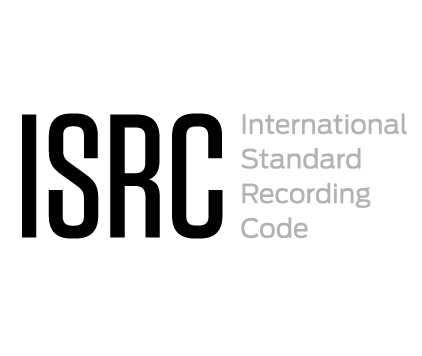What are ISRC codes and why do I need them?

What does it stand for?
ISRC stands for The International Standard Recording Code. This code allows a recording to be uniquely tagged which means you can track royalties across different formats and distribution channels.
How does it work?
An ISRC is constructed of 12 characters split into 5 sections. For example:
UK-A12-16-00001
The first two characters indicate your country code and is issued by your local ISRC agency. In this example “UK” is the country identifier for United Kingdom and would be issued by the PPL.
The next three characters indicate your unique ‘registrant code’. This is assigned to your company, label, band etc.
The next two characters indicate the ‘Year of reference’. Which is the last two digits in the year when the ISRC was assigned. This is assigned by yourself.
The final five characters indicate the ‘designation code’. This assigned by yourself to an individual track/recording. This number must not be repeated within the same year to avoid any duplicates.
Things to remember
ISRCs can only be assigned once and must last the lifetime of the recording. If the rights are sold then the code must not change.
How do I get one?
Anyone can apply to obtain an ISRC registrant code. Either as an artist, record company or other 3rd parties. To obtain your registrant code then you must apply to your national ISRC agency. Click here to find yours. If you are signed then ask your label for an ISRC before obtaining your own.
Alternatively, if you are using a digital distributer (such as CDBaby, Tunecore, Distrokid) to get your music online, then they can also allocate ISRCs to your tracks. Once allocated then provide these codes to myself so that the CD master can be made. Providing the track is the same, then you should use the same code across all formats.
Why is this important to mastering?
CDs
ISRC codes are encoded onto the CD itself. If you are obtaining a CD/DDP master then the code must be encoded by the mastering engineer when creating the CD/DDP master. Getting hold of your registrant code can take a few days so we advise you to do this prior to final master approval.
Downloads
When supplying your masters to your digital distributer then they will ask you to supply your ISRCs.
If you require any further information about ISRCs then please don’t hesitate to get in contact.
